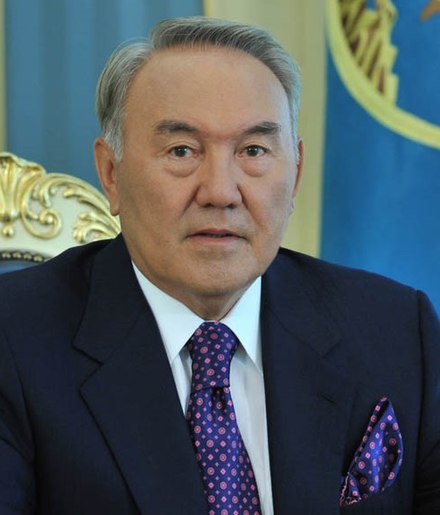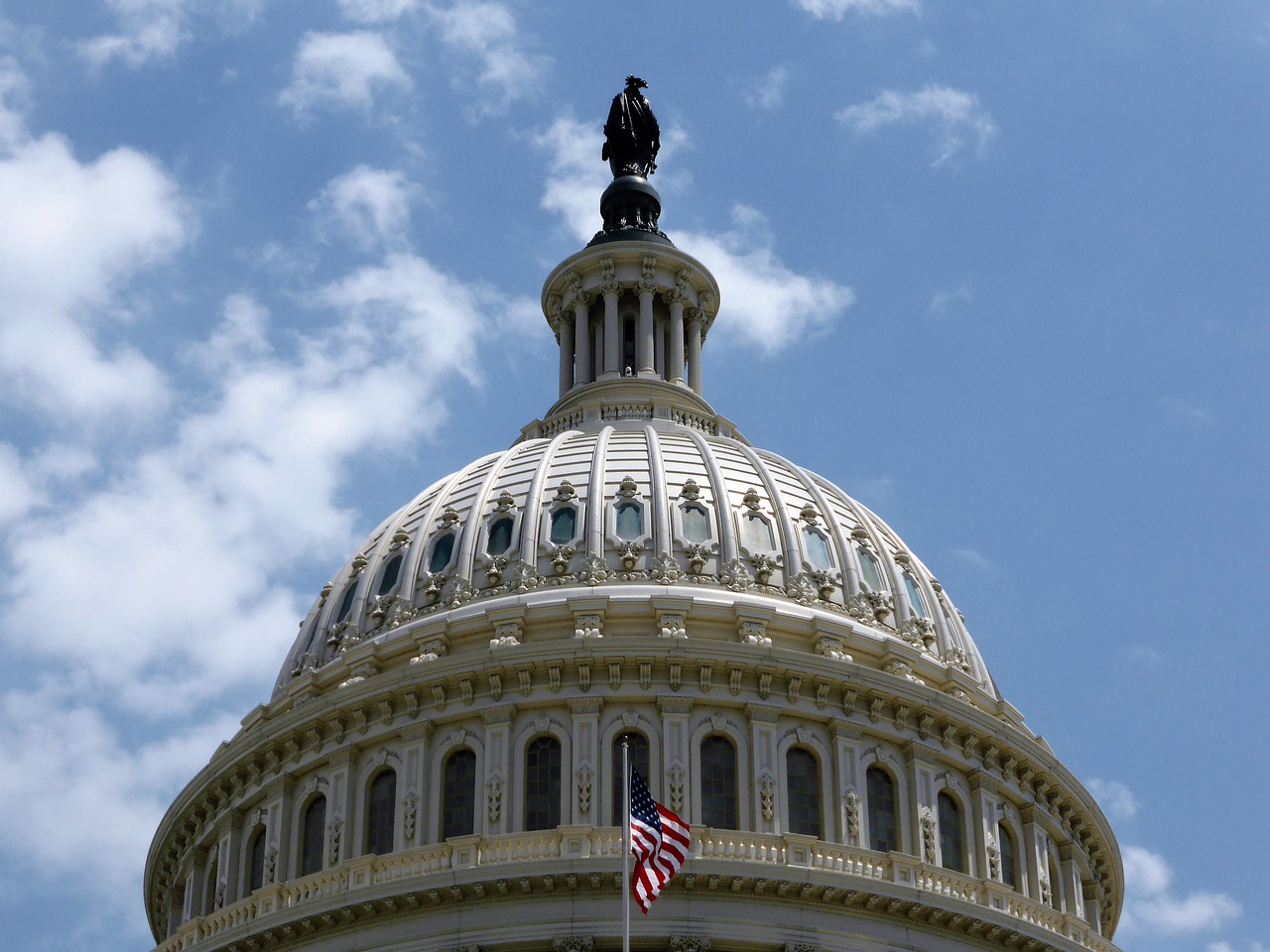Kazakhstan’s President Nursultan Nazarbayev Resigns After Almost 30-Year Rule
Nursultan Äbishuly Nazarbayev, the 1st president of post-independent Kazakhstan in Central Asia, has resigned on March 19 after 29 years of rule throughout the country. Kassym-Jomart Tokayev, who was chairman of the national parliament’s senate as well as the former prime minister, will succeed Nazarbayev as acting president for the remainder of the term that expires in 2020. Nazarbayev will now hold the formal title “Leader of the Nation.”
Nazarbayev came to political power as First Secretary of the Communist Party of Kazakhstan in 1989 when the Muslim majority country was once a part of the communist Soviet Union between 1936 to 1991. After the fall of the Soviet Union between 1990 and 1991, Nazarbayev was re-elected multiple times against his own opponents during national elections in 1999, 2005, 2011, and 2015.
While authoritarianism reigned over his people during his time in office, Nazarbayev authorized and oversaw overall economic openness as well as the expansion of the country’s natural resources including oil and natural gas during the 1990s and 2000s. Also, Nazarbayev was a close ally and partner to its neighbor Russia and its long-time leader Vladimir Putin.
Post-Soviet Central Asia has been known for their authoritarian regimes in which their former Communist Party leaders become longtime heads of state and government. However, countries such as Kyrgyzstan successfully democratized later on between 2005 and 2010 during their own revolutions.




